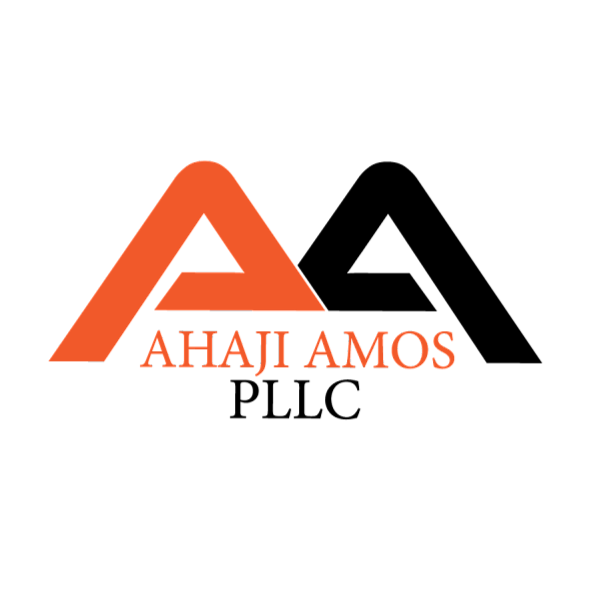M&A: How to Value Goodwill When Selling A Business
When selling a small business, goodwill can be one of the most valuable assets included in the sale. But valuing goodwill isn’t always straightforward. It’s an intangible asset, representing the reputation, brand loyalty, and customer relationships that the business has built over time. Here’s how to approach valuing goodwill in a small business sale.
What Is Goodwill?
Goodwill is the portion of the business’s value that exceeds the sum of its tangible assets, like equipment and inventory. It includes factors such as:
Brand Reputation: How well-known and trusted is the brand?
Customer Loyalty: Does the business have a strong, repeat customer base?
Employee Expertise: Do key employees have specialized knowledge or skills?
Location: Is the business located in a high-traffic, desirable area?
Methods for Valuing Goodwill
Excess Earnings Method
This method calculates goodwill by subtracting the return on tangible assets from total earnings. The remaining income, or “excess earnings,” represents the value of the intangible assets like goodwill.Multiples of Earnings
Another common method is to apply an industry-specific multiple to the business’s earnings before interest, taxes, depreciation, and amortization (EBITDA). This multiple accounts for the intangible value of goodwill.Discounted Cash Flow (DCF)
DCF models future cash flows and discounts them to their present value. If the business’s projected future earnings exceed what would be expected based on its tangible assets alone, the difference is attributed to goodwill.
Factors Affecting Goodwill Value
Industry: Some industries, like tech or hospitality, may place a higher value on goodwill due to the importance of brand reputation and customer loyalty.
Location: Goodwill tends to be higher in businesses located in prime locations where foot traffic or regional reputation plays a significant role.
Customer Relationships: Businesses with long-term contracts or high customer retention rates often have more goodwill value.
Because goodwill is often a business’ only asset, it’s important that an intellectual property attorney, like Ahaji Amos, is involved. Most M&A attorneys are so unfamiliar with IP valuation, that they overlook its importance and value when negotiating and advising their clients on deals. We’d love to help.
